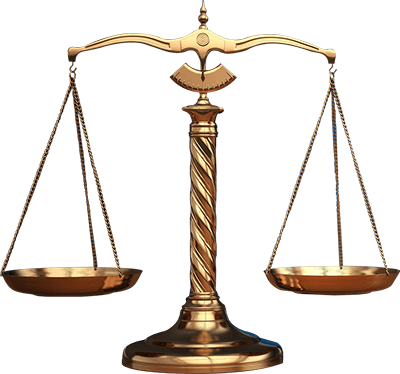Criminal Record Expungement
The Alabama legislature recently allowed people who were charged with criminal offenses – but not convicted – to petition the court to expunge records related to that charge. While no one has a right to a criminal record expungement, you may have a case to request one.
“Records” mean arrest records, booking or arrest photographs, state index references for public records searches, and other information relating to an arrest or charge.
When a record is “expunged,” the court eliminates references to the charge from court records, agency and official records, and police records. Police and courts consider them never to have occurred, and generally will respond to any inquiry about charges that no record exists about the matter. If you have questions regarding your options for having your record expunged, contact myTuscaloosa law firm today.
What Can Expungement Do For Me?
When your record is expunged, you do not have to disclose expunged charges on employment, credit, or other types of application (excepting applications for positions in law enforcement or corrections).
When a court grants an expungement, the law seeks to remove any expunged records that were added to federal databases or FBI records. Expunged records may not be sent to interstate criminal databases or the FBI.
If your record is expunged, however, you will still have to disclose the charge to government regulatory or licensing agencies, utilities, and banks and other financial institutions, which can then inspect your expunged record after alerting the court.
Assisting With All Expungement Issues in Alabama
Anyone who knew your record was expunged and who intentionally and maliciously disclosed contents of an expunged file without a court order would be guilty of a crime.
If you choose to seek an expungement, you will have to give the court various sworn documents and details about your arrest and case disposition. In addition to any attorney costs, all petitioners must pay a $300 filing fee. If your case prosecution failed because of an arrest that was found to have lacked “probable cause,” you should bear no additional costs, but other applicants may face additional court fees and costs, especially if the State opposes the Motion.
If you cannot pay the filing fee and any other costs, the court may be able to provide you with an installment payment-type plan. The fee must be paid in full before expungement can occur.
How Does An Expungement Objection Work?
The court can then review your submission and may grant your request. In some felony cases, the district attorney will be required to notify “victims” of the charged (but unsuccessfully prosecuted) offense, and the “victim” may choose to object to the petition. If the victim or the district attorney objects to the expungement, the court may set a hearing to consider factors like:
- the seriousness and circumstances of the charge,
- the age of the charge and your age when it happened,
- whether the dismissal was part of an overall plea deal,
- whether the charge was an isolated or repeated incident,
- whether all court-ordered restitution has been paid,
- evidence of rehabilitation (including good conduct, educational accomplishments, supervisor and community recommendations, and successful employment history)
IF YOUR CHARGE WAS…
| A MISDEMEANOR OR A VIOLATION | A FELONY |
| If you were charged with misdemeanor criminal offenses, violations, traffic violations, and municipal ordinance violations, you may be able to expunge records relating to that charge when: | If you were charged with felony criminal offenses (except certain violent offenses), you may be able to expunge records relating to that charge when: |
| (1) it was “dismissed with prejudice,” | (1) it was “dismissed with prejudice” |
| (2) it was “no-billed” by a grand jury, | (2) it was “no-billed” by a grand jury, |
| (3) you were found not guilty, or | (3) you were found not guilty, |
| (4) it was dismissed without prejudice over 2 years ago, it was not refiled, and you were not convicted of any other felony or misdemeanor crime, violation, or traffic violation (excluding some minor traffic violations) during that 2-year period. | (4) it was dismissed without prejudice over 5 years ago, it was not refiled, and you were not convicted of any other felony or misdemeanor crime, violation, or any traffic violation (excluding some minor traffic violations) during that 5-year period, |
| (5) it was dismissed after you successfully completed a drug court or mental health program, or certain other diversion or deferred prosecution programs, when 1 year has passed from successful program completion, or | |
| (6) 90 days have passed from the date of acquittal or nolle prosequi and the charge has not been refiled. |

